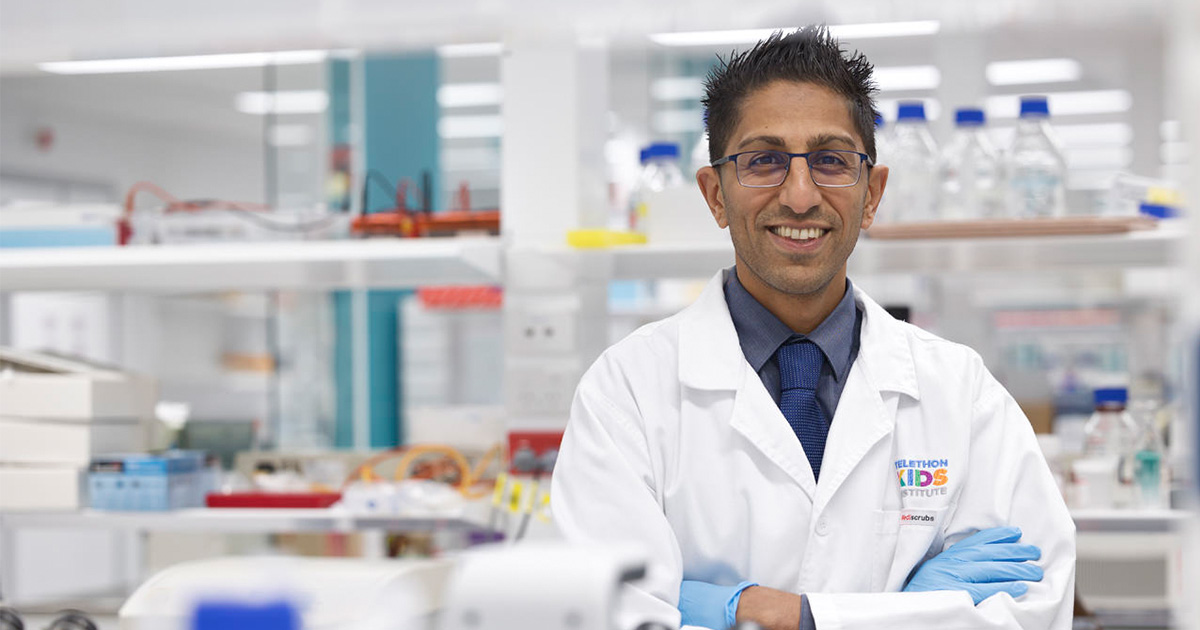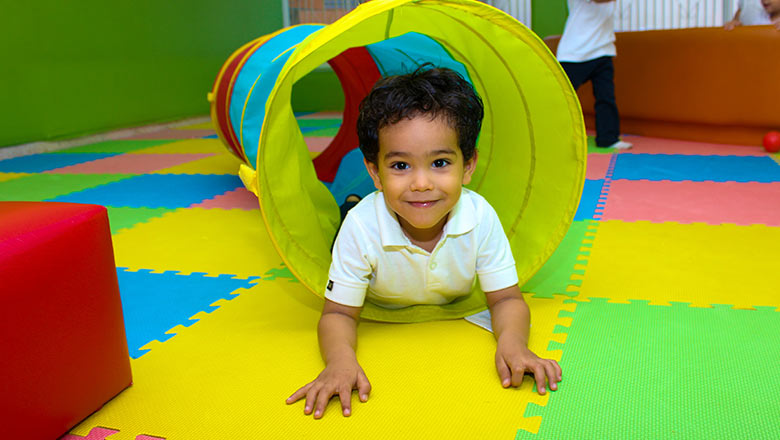Search
Research
Challenges in the Management of Childhood Intracranial Germ Cell Tumors in Middle-Income Countries: A 20-Year Retrospective Review From a Single Tertiary Center in MalaysiaA higher incidence of pediatric intracranial germ cell tumors (iGCTs) in Asian countries compared with Western countries has been reported. In Malaysia, the literature regarding pediatric iGCTs have been nonexistent. The aim of this study was to review the management, survival, and long-term outcomes of pediatric iGCTs at a single tertiary center in Malaysia.

News & Events
Childhood cancers not on the rise in SA and NT, but disparity remains for Indigenous children in the NTDespite national and global reports of rising incidences of cancer affecting children and young people, a new analysis has found rates of childhood cancer have remained unchanged over the last 30 years in South Australia and the Northern Territory.

News & Events
Precision medicine offering new hope for kids with aggressive cancersA world-first study involving more than 100 cancer researchers and clinicians across Australia – including from The Kids Research Institute Australia and Perth Children’s Hospital – has shown that precision medicine can significantly improve outcomes for children with high-risk cancer.
Research
Children's CancersCancers in children are very different from cancers in adults - in most cases they appear to strike simply at random. They also develop differently and can spread more rapidly and aggressively. And because cancers in children are not obviously linked to their lifestyles, much work is needed to pinpoint their cause.

News & Events
Telethon supports vital child health research projectsThe generous support of West Australians through Channel 7’s Telethon Trust will help support crucial child health research at The Kids Research Institute Australia in 2022.
Research
Antifungal use in children with acute leukaemia: state of current evidence and directions for future researchInvasive fungal disease (IFD) remains a common and serious complication in children treated for leukaemia. Antifungal prescription in children with leukaemia presents unique challenges, particularly due to variation in IFD risk between and within leukaemia treatment protocols, drug toxicities and interactions between antifungals and chemotherapeutic agents.
Research
PI3K/mTOR is a therapeutically targetable genetic dependency in diffuse intrinsic pontine gliomaDiffuse midline glioma (DMG), including tumors diagnosed in the brainstem (diffuse intrinsic pontine glioma; DIPG), are uniformly fatal brain tumors that lack effective treatment.
Research
Targeting cross-presentation as a route to improve the efficiency of peptide-based cancer vaccinesCross-presenting dendritic cells (DC) offer an attractive target for vaccination due to their unique ability to process exogenous antigens for presentation on MHC class I molecules. Recent reports have established that these DC express unique surface receptors and play a critical role in the initiation of anti-tumor immunity, opening the way for the development of vaccination strategies specifically targeting these cells.
Research
Characteristics of patients ≥10 years of age with diffuse intrinsic pontine glioma: a report from the International DIPG/DMG RegistryDiffuse intrinsic pontine gliomas generally occur in young school-age children, although can occur in adolescents and young adults. The purpose of this study was to describe clinical, radiological, pathologic, and molecular characteristics in patients ≥10 years of age with DIPG enrolled in the International DIPG Registry.
Research
Accuracy of Central Neuro-Imaging Review of DIPG Compared with Histopathology in the International DIPG RegistryDiffuse intrinsic pontine glioma (DIPG) remains a clinico-radiologic diagnosis without routine tissue acquisition. Reliable imaging distinction between DIPG and other pontine tumors with potentially more favorable prognoses and treatment considerations is essential.
